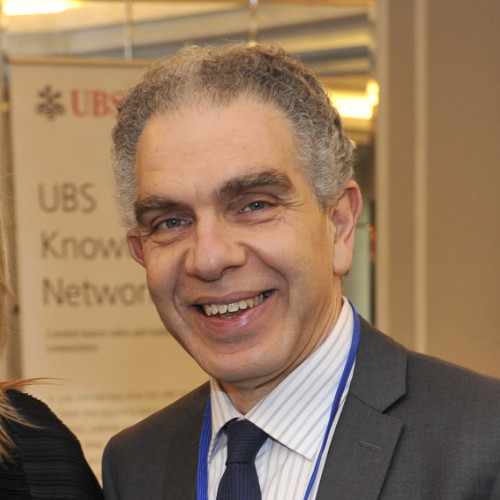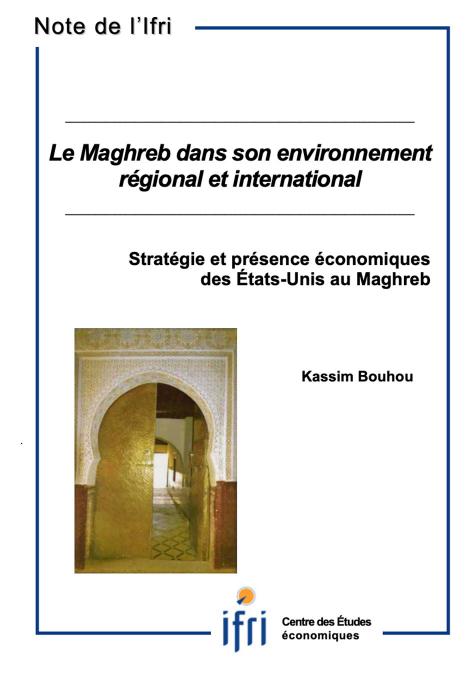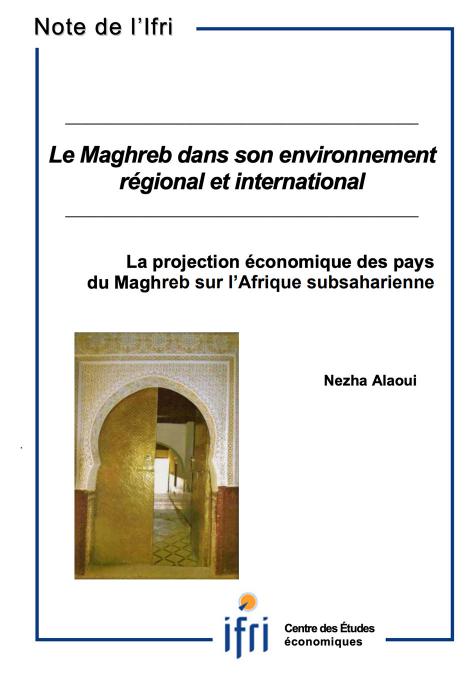The African continent has long been a focal point for discussions surrounding economic development, global finance, and international cooperation. With the ever-changing global economic landscape and the emergence of new financial paradigms, it is imperative to explore how Africa positions itself within this shifting framework. During this episode, we will unpack the evolution of international financial architecture to gain a comprehensive understanding of how the international financial system has evolved over the years and the implications of these changes for African nations. With the relocation of the International Monetary Fund and World Bank Annual meetings to Africa in 2023, we will explore the continent’s role in shaping international financial governance, from its participation in international organizations to advocating for reforms in international financial institutions.
This episode will feature a key expert with extensive experience in international finance, and global economic governance to gain valuable insights into the complex relationship between Africa and the evolving international financial architecture and explore potential strategies for fostering economic growth, stability, and sustainability on the continent.





